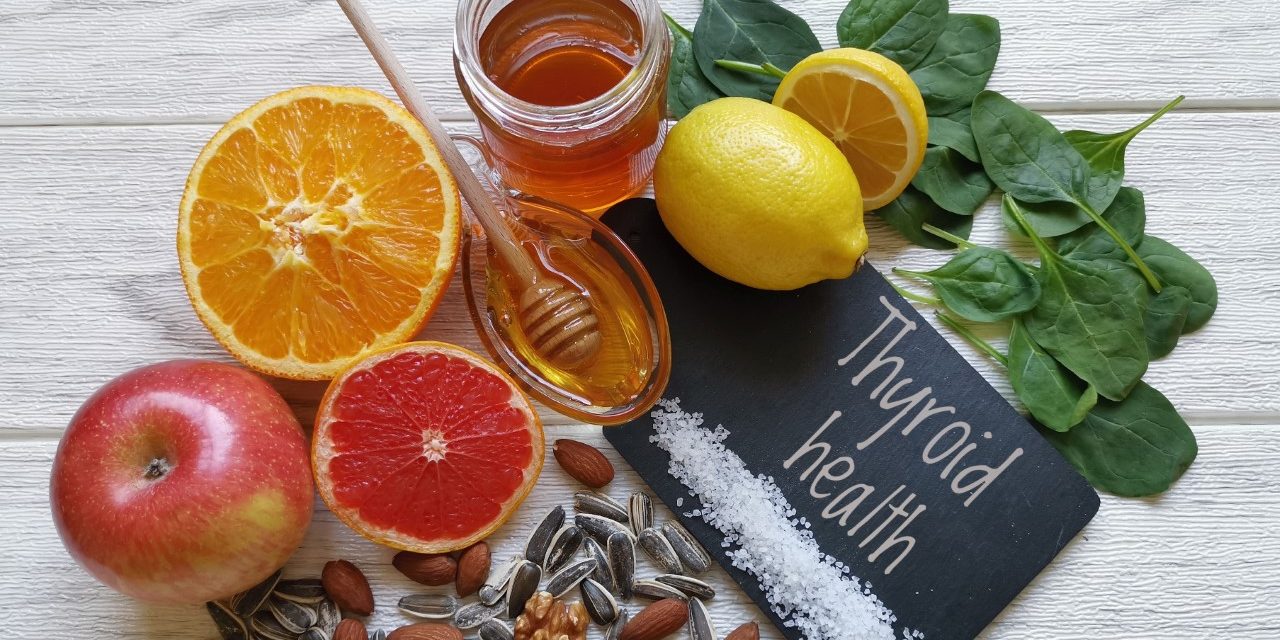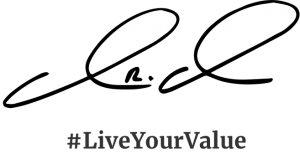The endocrine system is all about hormones and hormones are all about communication. The endocrine system functions like instruments in an orchestra, they all need to play together to achieve beautiful harmony.
The thyroid is a major player in our endocrine system producing hormones that deliver messages all over the body. Thyroid hormones (T4 and T3) regulate our metabolism, our growth and development, the use of protein, increase the body’s ability to use glucose as an energy source, and aide in reducing blood cholesterol levels.
The thyroid is also extremely sensitive to stress and toxins. Environmental toxins such as lead, mercury, radon, BPA, PCB’s, and formaldehyde are common toxins and heavy metals that are known to imitate hormones and disrupt development. Other toxins and stress on the body can come from the overuse of drugs such as aspirin, food allergies, and digestive disorders linked to leaky-gut syndrome. Your physician may have discovered thyroid disease or disfunction like Hashimoto’s thyroiditis (a common “hypo” or low thyroid hormone diagnosis) or Graves disease (a more common “hyper” or overactive thyroid hormone diagnosis).
How to Alleviate Symptoms of Thyroid Disease
Hashimoto’s and Grave’s disease are both auto-immune disorders and cannot be reversed. However, their symptoms can be put in remission with the proper protocol. The biggest symptom facing both disorders seems to be inflammation. But the good news is you can follow an Autoimmune Protocol (AIP) Diet to relieve symptoms.
Following an anti-inflammatory diet will be the most beneficial thing you can do. Some clients experience mild symptoms and find they have a small list of trigger foods, while others have a longer list of foods that need to be avoided so the gut has time to heal. Addressing a client’s micro-biome is also crucial to the health and healing of the gut. Introducing a probiotic and bacteria balancing foods can promote a healthy digestive system and support the immune system.
If you have been diagnosed with either of these here are a few therapeutic foods to consider:
- Grass-fed meats
- Wild-caught fish
- Bone broth
- Fresh vegetables and leafy greens, lots of them!
- Berries—blueberries, blackberries, and raspberries
- Citrus fruits, green-tipped bananas, and granny smith apples
- Fermented foods—kefir, raw sour kraut, kimchi, and kombucha
- Using coconut, avocado, butter, duck fat, tallow, and olive oils for cooking
- Fresh and dried seedless herbs
Foods and food groups to consider avoiding during a food elimination period of at least 4 weeks:
- Gluten: all gains, flour, oats, processed baked goods, and cereal
- Dairy: cow’s milk, cheese, cow’s milk yogurt, cottage cheese, sour cream, cream, cream cheese, and non-dairy coffee
- Creamer
- Coffee
- Alcohol
- Soy: tofu, soybean oils, soy sauce, processed foods containing soy products
- Legumes: beans, nuts, peanuts, hummus, all processed foods containing nuts and seeds
- Eggs
- Shellfish
- Corn
- Sugar: refined sweeteners and artificial
- Refined and processed oils: canola, corn, vegetable oils, and blends
- Processed/convenience prepacked food items
Tips for Following an AIP Diet
Following a strict AIP (Autoimmune Protocol) diet may be necessary for some and does come with its own set of challenges. I encourage anyone adapting to this diet to take time to prepare your kitchen, find a few go-to recipes, and get comfortable with food prep cleaning, chopping, and storing food items for easy reach.
When reintroducing foods around week 5, add one food at a time to pinpoint any reactions. It’s helpful to use a food journal from the beginning, but you will find it especially helpful during this phase.
Implementing an AIP diet can be intimidating but when your body is telling you it’s time to take care of your most valuable asset, your health, take the time to listen. And remember to Live Your Value, one choice at a time!










